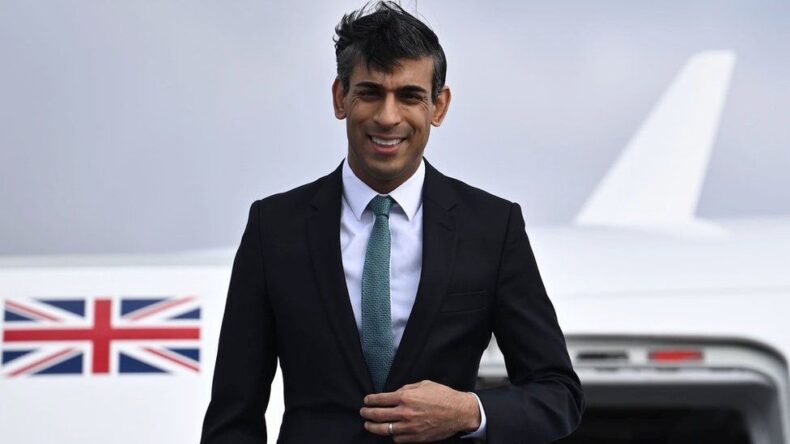
The recent Indian tax department’s inspection at the headquarters of the British Broadcasting Corporation (BBC) in Delhi and Mumbai has sparked a fierce debate about the importance of editorial independence. The BBC is one of the world’s most respected news organizations, known for its impartial reporting and high journalistic standards. It is funded by the British government but operates independently of political interference. The UK government has defended the BBC’s independence, calling it a cornerstone of democracy.
Editorial independence is a fundamental principle of a free and democratic society. It is the principle that media organizations should be free from outside influence and interference in their reporting and editorial decisions. This means that journalists should be able to report on any story without fear of retribution or censorship. Editorial independence is enshrined in international human rights law and is a necessary condition for the operation of a free and democratic society.
The Indian tax department’s inspection of the BBC has raised concerns about the government’s intentions towards the media, particularly with regards to its editorial independence. The inspection is part of a wider crackdown on tax evasion, but the BBC has denied any wrongdoing and has called the inspection an attempt to intimidate and silence the media.
The BBC’s independence is not only important for the UK but also for the wider global community. The BBC World Service provides impartial news to millions of people around the world, including in countries where the media is tightly controlled by the government. Any attempt to interfere with the BBC’s editorial independence would set a dangerous precedent and could have serious consequences for press freedom and democracy.
The UK government has urged the Indian authorities to respect the BBC’s editorial independence and to allow it to continue to report freely and without fear of interference. This case highlights the importance of protecting the independence of the media and ensuring that journalists are free to report on issues without fear of retribution or censorship.
In recent years, we have seen a growing trend of governments around the world cracking down on the media and limiting their ability to report freely. In countries like China, Russia, and Turkey, the media is tightly controlled by the government, and journalists who report on sensitive topics can face severe consequences, including imprisonment and violence.
In some cases, the government has attempted to silence the media by cracking down on the funding sources of media organizations or by threatening their employees. In other cases, the government has used legal means to intimidate the media or to restrict their ability to report on sensitive topics.
The UK government has a long history of defending the freedom of the press and has played a leading role in promoting press freedom and media independence around the world. The UK is a signatory to international human rights treaties that protect the freedom of the press, and the government has a legal obligation to uphold these principles.
The UK government has also recognized the importance of the media in holding those in power accountable and in informing the public about important issues. The media plays a crucial role in ensuring that those in power are held to account and that the public is informed about important issues. Without a free and independent media, we would not have the information we need to make informed decisions about our lives and our communities.
In recent years, we have seen a growing trend of governments attempting to discredit the media by labeling them as “fake news” or “enemies of the people.” These attacks on the media are an attempt to undermine their credibility and to silence their critical reporting. The UK government has strongly condemned these attacks on the media and has called for the protection of the freedom of the press.
The BBC is a global institution that is respected around the world for its impartial reporting and high journalistic standards. It is an important part of the UK’s soft power, and its independence is crucial for maintaining its credibility and influence around the world. Any attempt to interfere with the BBC’s editorial independence would not only be a violation of international human rights law but also would hinder the nation’s image as well.













